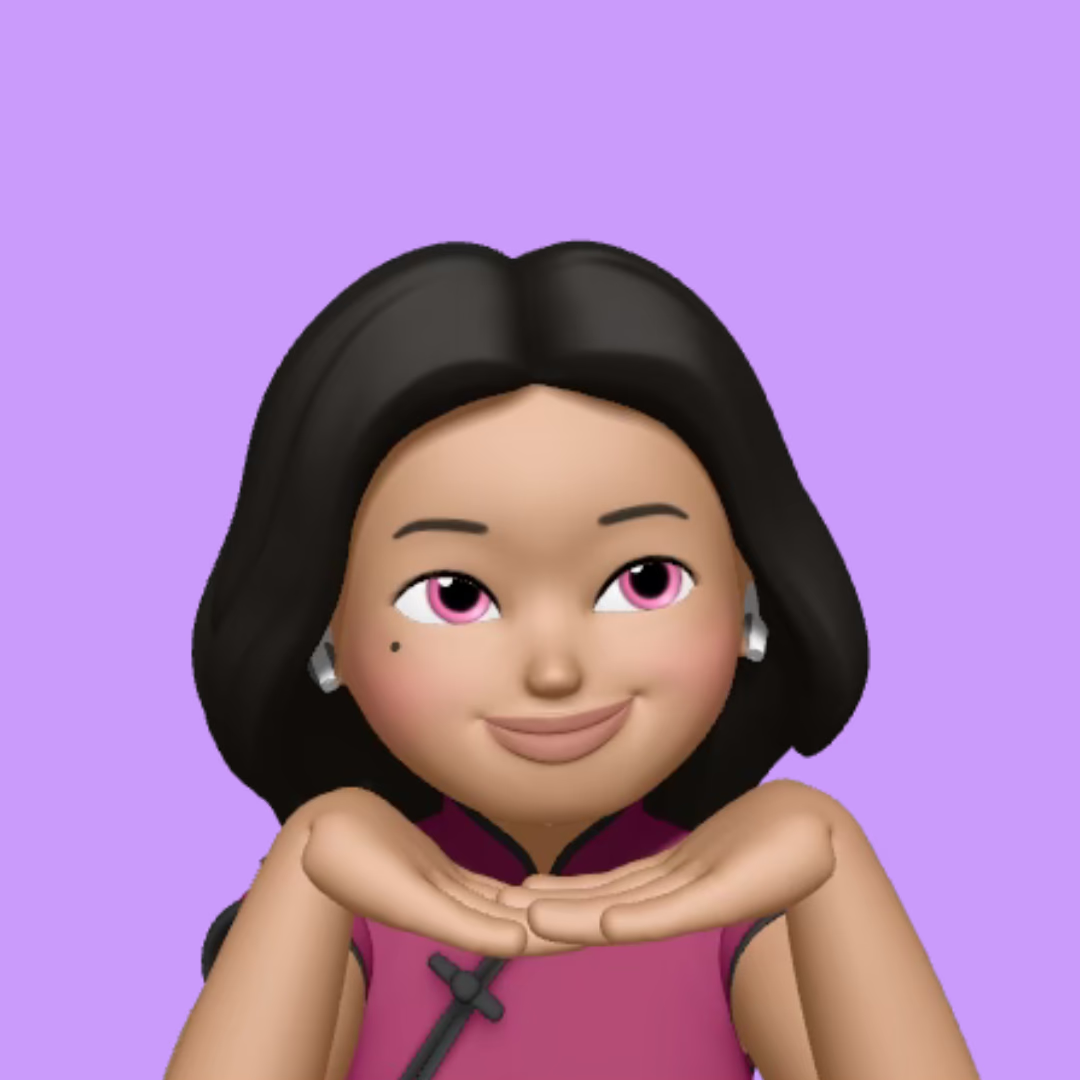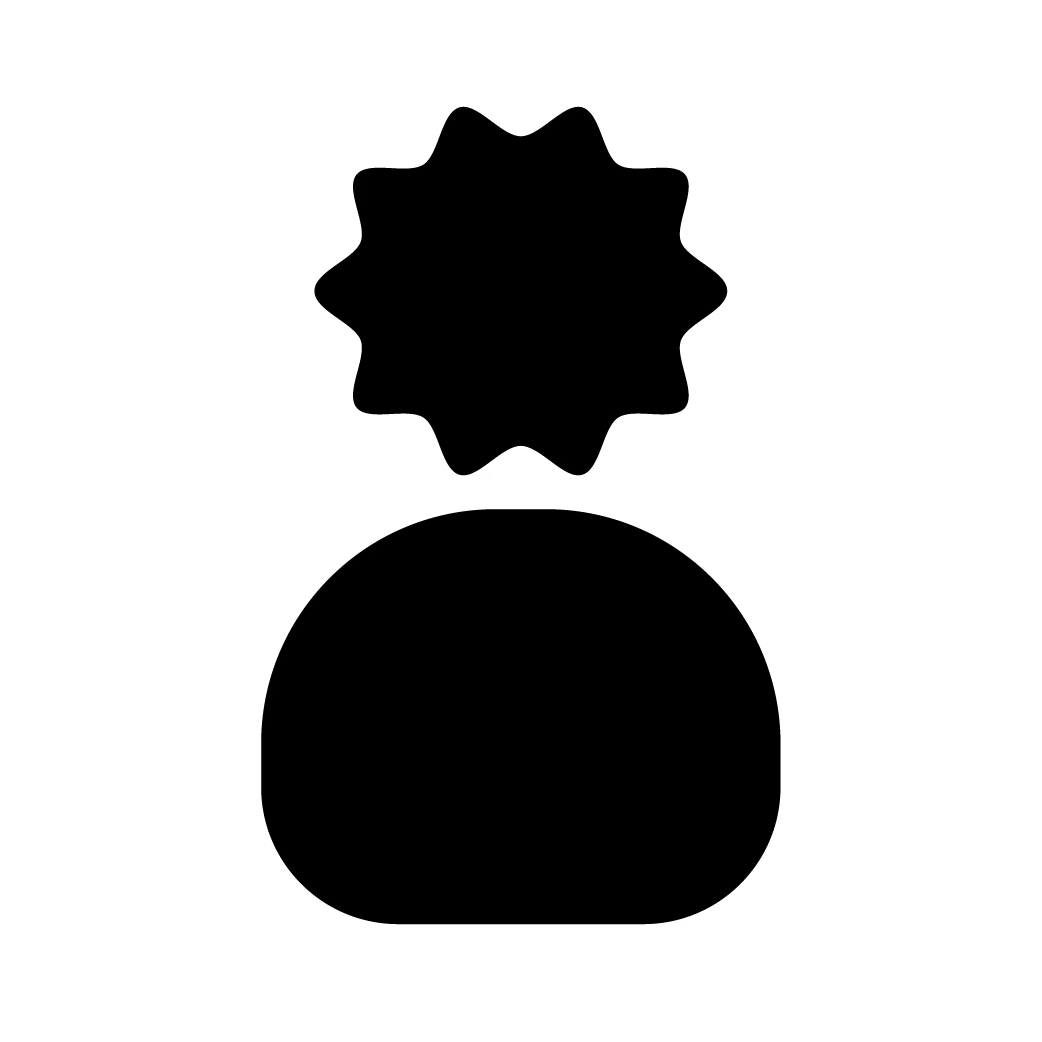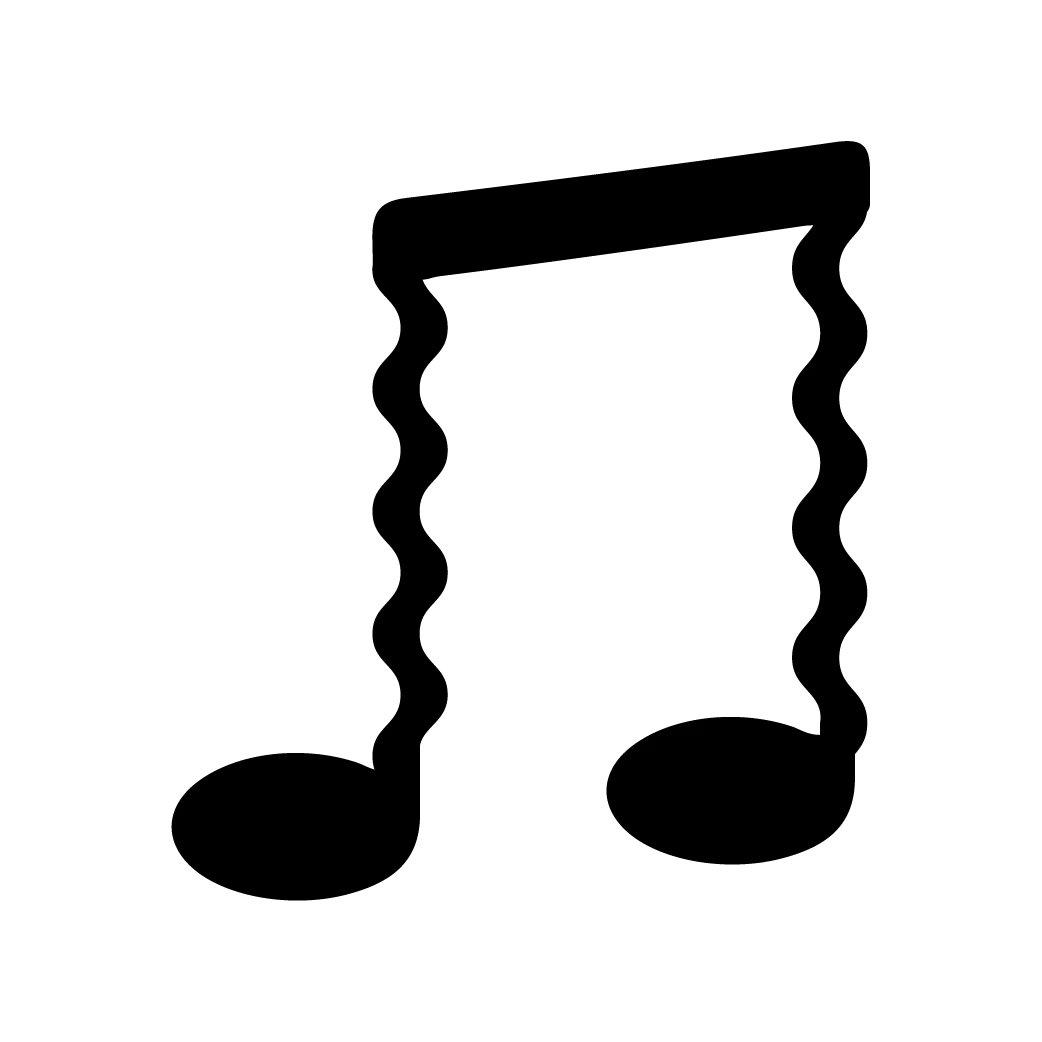Bahasa Tak Ada Logika
Try this: next time you're in bed with someone, swap “harder” for “lebih kenceng.” Tell me you didn't immediately feel like you just lost all your efforts in foreplay; dirty talking in Bahasa Indonesia–it's the ultimate ick for most bilingual Indonesian Gen Zers, and we're not the first ones to notice.
May 20, 2025
Scroll back three years and you'll find the Jakarta Uncensored video ("Dirty Talk Pake Bahasa Indonesia = AWKWARD?"), plus a classic Reddit thread where users uncomfortably dissect why it feels so awkward.
Despite changing attitudes toward sex, love, and intimacy among urban Indonesian youth, the idea of speaking dirty in our own language still makes many of us wince. But the weirdness isn't just about vocabulary. It's about what those words carry–and what they reveal about the evolution of Indonesian identity itself.
For many Indonesian bilingual Gen Zers, English has become the language of rebellion, freedom, and play.
It’s the language of globalized internet memes, casual flirting, indie songs, and casual binge-out Netflix sessions. Bahasa Indonesia, on the other hand, carries layers of cultural expectation. It's the voice of parental lectures, school regulations, government announcements—all wrapped in an aura of "kesopanan" (politeness). No wonder "cekek aku" doesn't land the same way "choke me" does. While the latter feels like a forbidden fantasy; the former feels like it’s from a crime report.
In Bahasa Indonesia, intimacy often defaults to either high poeticism or jarring vulgarity.
There's little vocabulary for the messy, playful, half-serious half-silly space where real intimacy often lives. English fills that gap almost by accident— "baby," "cuddle," "you're so bad" —phrases that feel casual, textured, and emotionally safe.
It’s not that the language lacks expressive power, far from it even. Traditional poetry and love songs show how deeply the language can evoke emotion, but decades of political and cultural policing about what’s "appropriate" or "bermartabat" (dignified) have sterilized public usage.
Unlike English, where pop culture has long normalized sexual slang and playful banter, Bahasa Indonesia has remained cautious, guarded. Expressions of desire became either overly medical ("hubungan seksual") or jarringly crude ("ngentot"). No middle ground, no flirtatious in-between—in a society still grappling with media censorship laws like RUU Penyiaran, it's no wonder that even private language inherits a kind of self-censorship.
Yet something new is brewing; today's bilingual Indonesian youth aren't picking one language over the other—they're blending, remixing, and casually switching codes. Flirting in DMs often happens in a mixed bag of English, Bahasa, slang, and even Japanese or Korean phrases: "Aku mau cuddle dong," "Aku terlanjur sayang hyung," "I kangen you banget."
Instead of forcing dirty talk to sound natural in rigid Indonesian or sterile English, this hybrid language offers a messy, imperfect, deeply personal alternative. It's DIY intimacy, where language acts as an inside joke, a refusal to pick between global edginess and local roots. Maybe when we dirty talk in perfect Bahasa Indonesia, we will always feel a little weird–maybe the real win is learning to own that awkwardness, turning it into something honest and hilarious and ours.


















